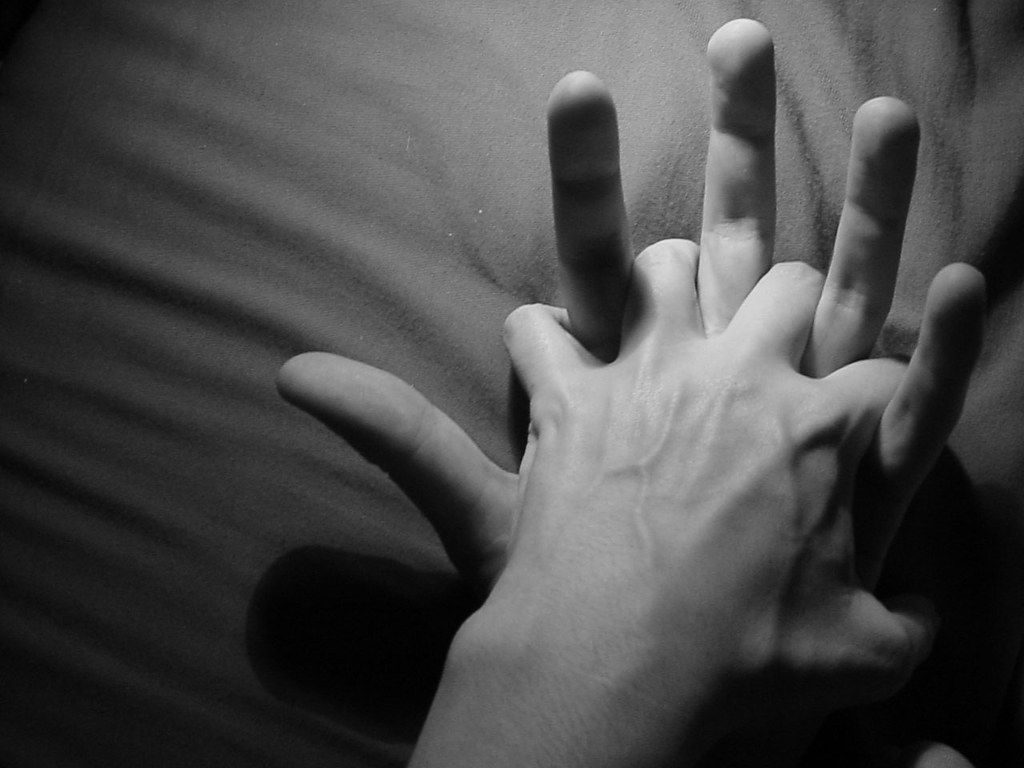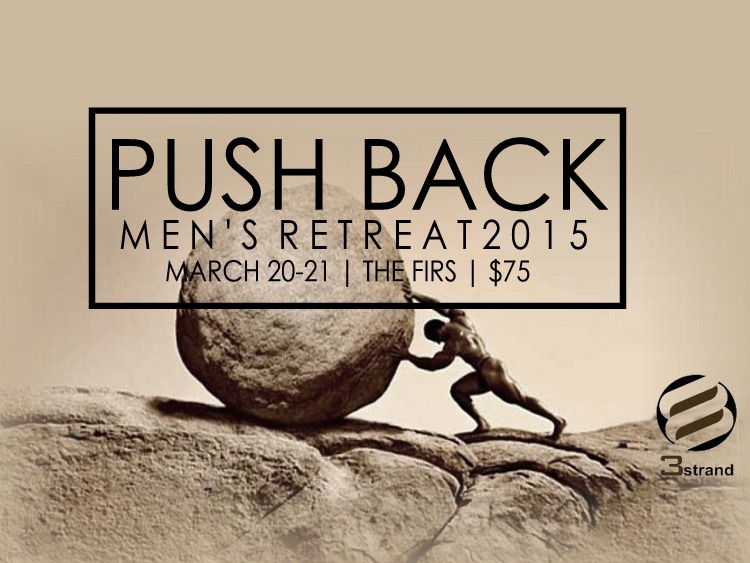17 And as he was setting out on his journey, a man ran up and knelt before him and asked him, “Good Teacher, what must I do to inherit eternal life?” 18 And Jesus said to him, “Why do you call me good? No one is good except God alone. 19 You know the commandments: ‘Do not murder, Do not commit adultery, Do not steal, Do not bear false witness, Do not defraud, Honor your father and mother.’” 20 And he said to him, “Teacher, all these I have kept from my youth.” 21 And Jesus, looking at him, loved him, and said to him, “You lack one thing: go, sell all that you have and give to the poor, and you will have treasure in heaven; and come, follow me.” 22 Disheartened by the saying, he went away sorrowful, for he had great possessions. – Mark 10.17-27
Some of my resistance to exploring my past experiences, and their impact on my present life, was the fear of wrongly blaming someone else for my failures. When you approach your story with a genuine curiosity, there is the real temptation to gravitate toward victim hood. Even if you don’t have a “big T” trauma in your life, our stories are still full of traumatic pain and, those who contributed to it,by their actions or abandonment, easily become villains. 
I am learning to be careful for sin is always “crouching at the door” of self-reflection. Bravely digging into our past experiences has the potential to generate tremendous contempt for others. Fighting this temptation requires that we first learn to hold our own story. I am learning that this not as easy as it sounds. It is often said that “we are our worst critics.” Without doubt, this has been my experience in my daily life. But this truth rings even louder as you begin to examine the real and perceived failures of your past. If you are not careful, you begin to hate yourself–at least the earlier version. This coldness of self-contempt is powerful and must, if you are going to heal, give way to the warmth of empathy toward ourselves. As weird or kooky as it first sounded, I appreciated it when my counselor encouraging me to look at my younger self with kindness rather than contempt.
I am not an experienced therapist or licensed counselor; I’m barely a professional anything. Those who are have helped me understand what it means to “show compassion” to your younger self. Essentially it means that many of the things we did–especially the harmful ones–were rooted in a survival of sorts While yes, we are sinners who do sinful things, many of the sinful things we have done were ways to cope with the sin brought upon us. None of this justifies or excuses WHAT we did, rather, it helps us understand the motivation behind WHY we did it. This has a lot to do with LIES we began to agree with the the TRUTH we began to ignore. But that is a blog for another day. Suffice to say, as you begin to view your younger self through these new eyes, contempt gives away to compassion and hurt begins to heal.
But as I began, if we are not careful, then we can easily move from self-contempt to contempt for those who feel are responsible for our hurt (in the past or present). I have found that as I am able to see more clearly WHY I did what I did, I can also begin to understand WHY others did/do what they did/do. When seen through the same “survival” lens that we now see ourselves, those who once exist as the wicked “villains” in our lives become more like wicked “wounded”. This does not mean that we excuse those who have hurt us or ignore the pain that they caused. It simply means that, in a mysterious way, we can begin to forgive and not be governed by their hurt–even if the person has not repented of it.
How is that possible? There isn’t a perfect formula for how all this works. Not to sound strange, (which means this is going to sound strange) but I am learning that the more I view those who have “hurt” me as “hurt” themselves, contempt begins to give way to compassion. Just as Jesus interacted with the “rich young ruler” who appeared to have it all together–but really didn’t–I can actually LOOK at these people and LOVE them…even if they feel like my enemies. Even if they refuse to read their own story, I can see them through eyes of compassion as those younger version of themselves who merely learned to survive the crappy world they grew up in.
One final note…when I say CONTEMPT gives way to COMPASSION, I do not want to suggest that compassion is the same as condescension. We should not look down on those who we feel who hurt us (or could have helped us and didn’t). If we view ourselves as superior to those who “should know better like we do now”, then we are still holding that person in contempt and not really making an effort to hold their story. Compassion is not pity. Moving toward compassion means working against every temptation otherwise, to see someone as they truly are even if they can’t yet see themselves that way yet.





